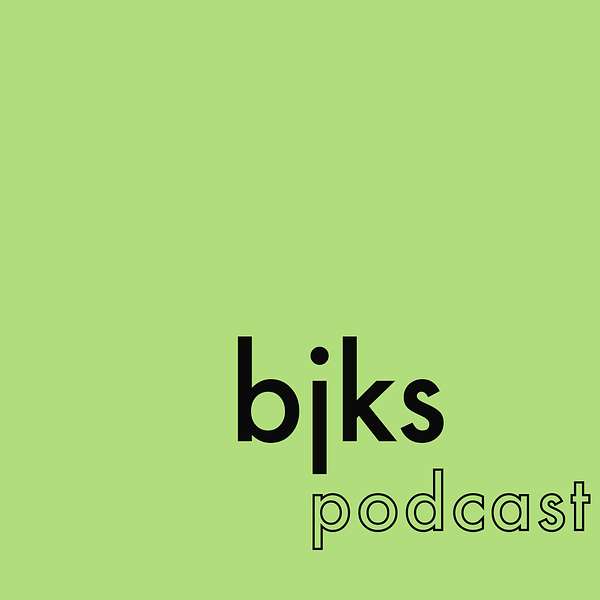
BJKS Podcast
A podcast about neuroscience, psychology, and anything vaguely related. Long-form interviews with people whose work I find interesting.
BJKS Podcast
45. Michael Hornberger: Sea Hero Quest, developing games for science, and Alzheimer's disease
Michael Hornberger is a professor of applied dementia research at the University of East Anglia who developed Sea Hero Quest, a mobile game for studying spatial navigation that was downloaded more than 4 million times. In this conversation, we talk about Sea Hero Quest, how Michael (together with Hugo Spiers) developed it, the first findings, and dementia in general.
BJKS Podcast is a podcast about neuroscience, psychology, and anything vaguely related, hosted by Benjamin James Kuper-Smith. New conversations every other Friday. You can find the podcast on all podcasting platforms (e.g., Spotify, Apple/Google Podcasts, etc.).
Timestamps
00:04: How Michael started doing research on dementia
02:32: What is Sea Hero Quest?
05:18: How Sea Hero Quest got started and developed
31:45: Start discussing some results from Sea Hero Quest
38:16: How does Sea Hero Quest relate to Michael's work on dementia?
43:16: How far are we from using (something like) Sea Hero Quest as an early biomarker for Alzheimer's?
45:36: What is dementia and how can we prevent it? Discussing Michael's new book about Alzheimer's 'Tangled Up'
Podcast links
- Website: https://geni.us/bjks-pod
- Twitter: https://geni.us/bjks-pod-twt
Michael's links
- Website: https://geni.us/hornberger-web
- Google Scholar: https://geni.us/hornberger-scholar
- Twitter: https://geni.us/hornberger-twt
- Book: https://geni.us/hornberger-book
Ben's links
- Website: https://geni.us/bjks-web
- Google Scholar: https://geni.us/bjks-scholar
- Twitter: https://geni.us/bjks-twt
References
Alzheimer (1906). Uber einen eigenartigen, schweren Erkrankungsprozess der Hirnrinde. Neurol. Cbl..
Alzheimer, Förstl, & Levy (1991). On certain peculiar diseases of old age. History of psychiatry.
Anguera, Boccanfuso, Rintoul, Al-Hashimi, Faraji, Janowich, ... & Gazzaley (2013). Video game training enhances cognitive control in older adults. Nature.
See also: https://en.wikipedia.org/wiki/NeuroRacer
Coughlan, Coutrot, Khondoker, Minihane, Spiers & Hornberger (2019). Toward personalized cognitive diagnostics of at-genetic-risk Alzheimer’s disease. Proceedings of the National Academy of Sciences.
Coughlan, Laczó, Hort, Minihane, & Hornberger (2018). Spatial navigation deficits—overlooked cognitive marker for preclinical Alzheimer disease?. Nature Reviews Neurology.
Coughlan, Puthusseryppady, Lowry, Gillings, Spiers, Minihane, & Hornberger (2020). Test-retest reliability of spatial navigation in adults at-risk of Alzheimer’s disease. Plos one.
Coutrot, Schmidt, Coutrot, Pittman, Hong, Wiener, ... Hornberger, & Spiers (2019). Virtual navigation tested on a mobile app is predictive of real-world wayfinding navigation performance. PloS one.
Coutrot, Silva, Manley, de Cothi, Sami, Bohbot, ... Hornberger, & Spiers (2018). Global determinants of navigation ability. Current Biology.
Fold.it game: https://fold.it/
Hornberger (2021). Tangled up. The science and history of Alzheimer's disease.
Kunz, Schröder, Lee, Montag, Lachmann, Sariyska, ... & Axmacher (2015). Reduced grid-cell–like representations in adults at genetic risk for Alzheimer’s disease. Science.